Refrigerants are essential parts of most cooling devices we use at home. If you're curious about how cold a refrigerant gas can get, you're in the right place. We have adequately researched to find the most reliable answer to your question.
A refrigerant gets very cold because it freezes at -154 degrees Fahrenheit. How cold refrigerants get mainly depends on their uses. For example, Freon in air conditioners can reach as cold as - 10 or - 20 degrees Fahrenheit
To understand more about refrigerant and their importance in cooling and refrigeration, you should continue reading to learn more.
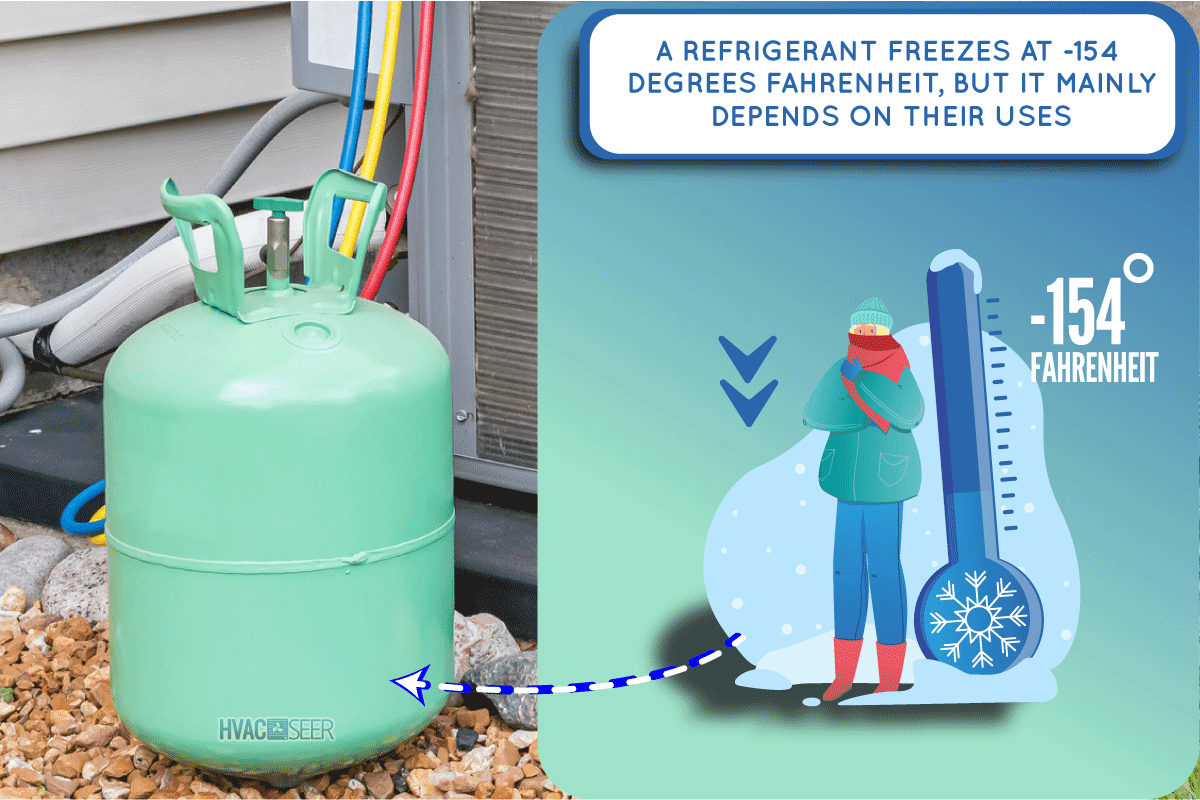
What Is a Refrigerant?
A refrigerant is a compound/substance that absorbs heat from the atmosphere and, while functioning with other components, brings about refrigeration or cooling. At different points in time, a refrigerant can be in either liquid or gaseous form.
While refrigerators use refrigerants to refrigerate, air conditioning systems and heat pumps use refrigerants to regulate the heat in the atmosphere.
Several refrigerants include R12 refrigerant, R22 refrigerant, R115 refrigerant, R123 refrigerant, R1, etc.
These refrigerants can be grouped into five categories based on their composition: Hydrochlorofluorocarbons, hydrofluorocarbons, fluorocarbons, HydroCarbons, Ammonia (R717), and carbon dioxide.
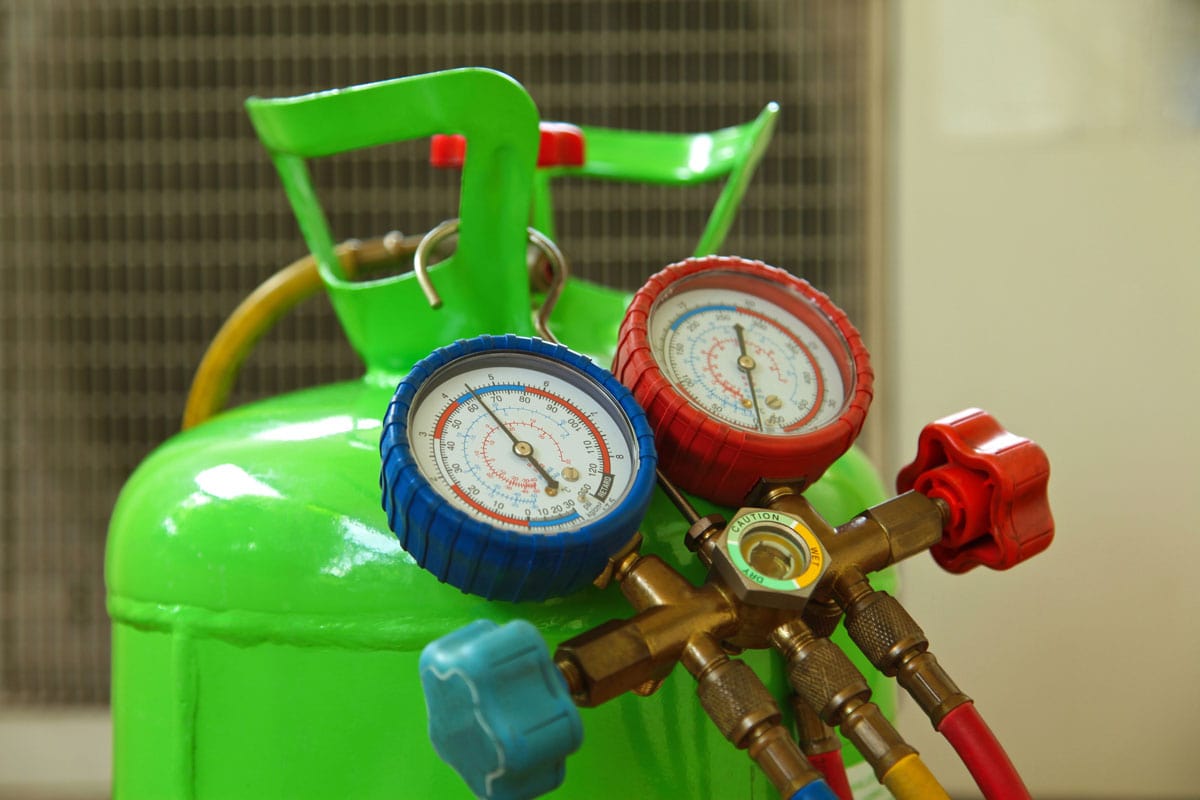
Is Refrigerant a Liquid or Gas?
A refrigerant goes through a continuous process called the vapor-compression cycle, which transforms from a gaseous form to a liquid state and from a liquid form back to a gaseous form. It thus can be considered both a liquid and a gas.
It is important to note how a refrigerant transforms from a gas to liquid and vice versa in an air conditioning system and a refrigerator.
- A refrigerant is initially in a low-pressure gas. It moves through the compressor, transforms into the form of high-pressure gas, becomes heated, and travels to the condenser.
- At the condenser, the refrigerant, which is now a heated high-pressure gas, loses its high temperature to the air outside and becomes a high-pressure liquid with a lower boiling point.
- The refrigerant, which is now a high-pressure liquid with a lower boiling point, transmits through an expansion valve and goes through some process that transforms it into a low-pressure and low (cold) temperature liquid.
- The refrigerant, a low-pressure and low-temperature liquid, travels to an evaporator where it absorbs high temperature from the indoor air and transforms into a low-pressure gas.
- The low-pressure gas flows to the compressor, where the cycle continues.
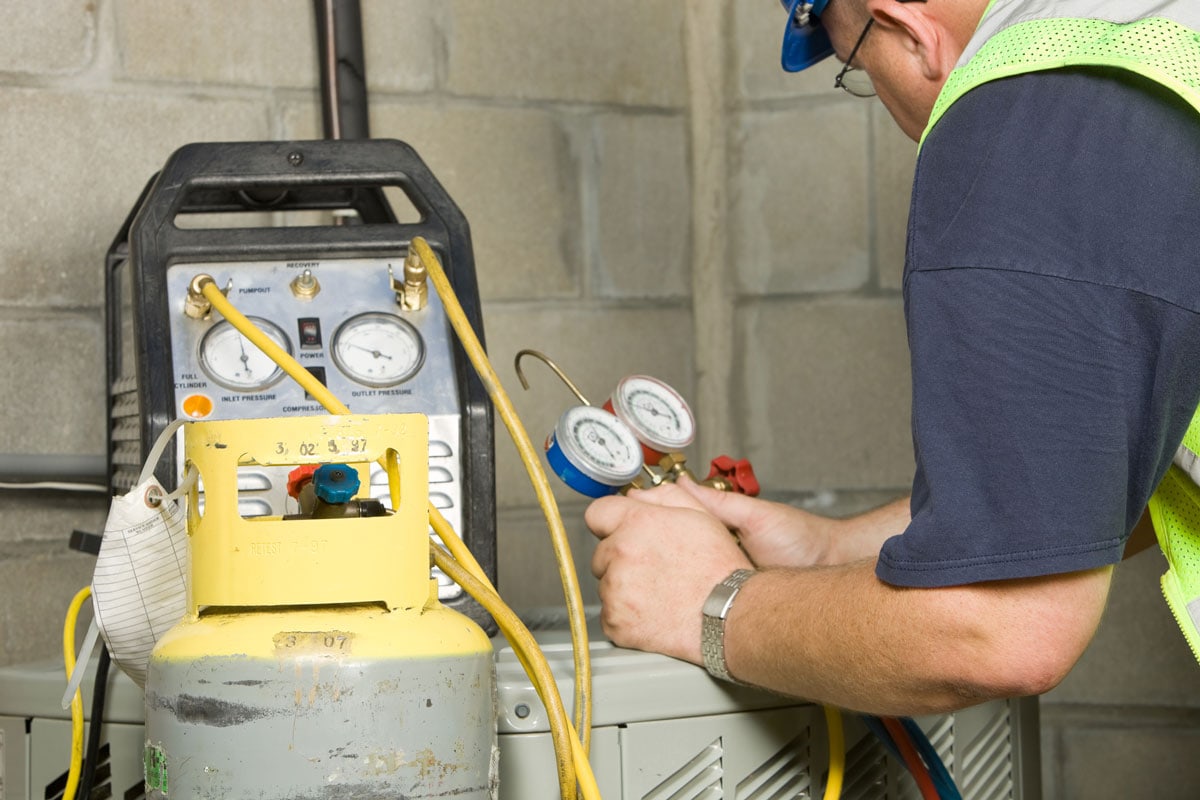
How Cold Does Refrigerant Get?
Refrigerant is a compound that boils at -15 degrees Fahrenheit (-26 degrees Celsius) and cools at -154 degrees Fahrenheit (-103 degrees Celsius).
This is different from water which boils at 212 degrees Fahrenheit (100 degrees Celsius) and cools at 32 degrees Fahrenheit ( 0 degrees Celsius).
The implication is that refrigerants have lower cooling points, reaching cold temperatures much faster.
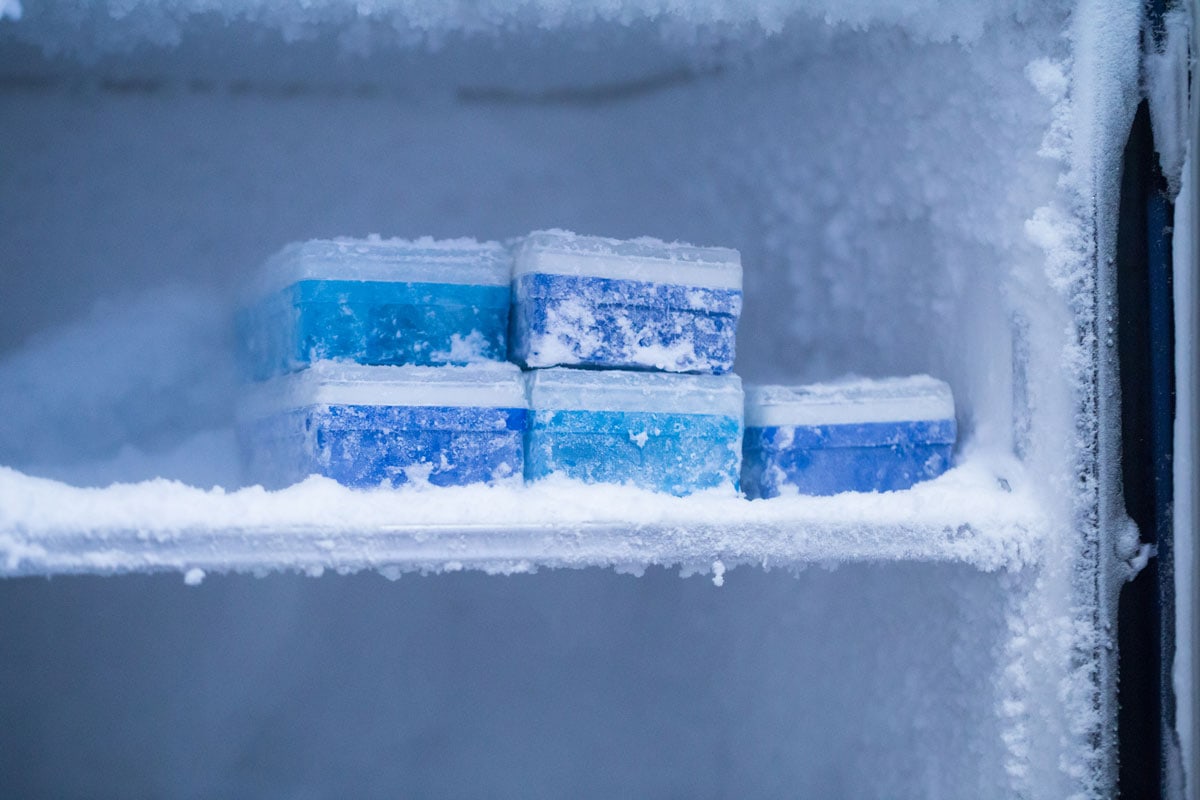
Is Refrigerant Toxic?
A refrigerant, like most chemical substances, is very toxic. It led to the death of a guinea pig in a certain examination. This is why it is essential to ensure that refrigerants do not leak.
The fact that refrigerants are odorless and tasteless makes them hard to detect and more dangerous. Exposure to refrigerants can lead to several adverse effects and symptoms.
These symptoms may vary depending on certain factors: the period a person is exposed to and the level of refrigerant exposure to a person. Other factors are the means of exposure (inhaled or ingested) and whether the solution made contact with a person's skin.
Severe exposure can result in more grave and ghastly symptoms. The following symptoms may be experienced: confusion, breathing difficulties, loss of consciousness, seizure, irregular heartbeat, bleeding or fluid buildup in the lungs, etc.
Suppose you have any reason to believe that you have been exposed to a refrigerant through a leak into the atmosphere or by direct contact through abuse. In that case, you should immediately contact any emergency centers close to your vicinity.
In the meantime, you should endeavor to transfer to a well-ventilated environment.
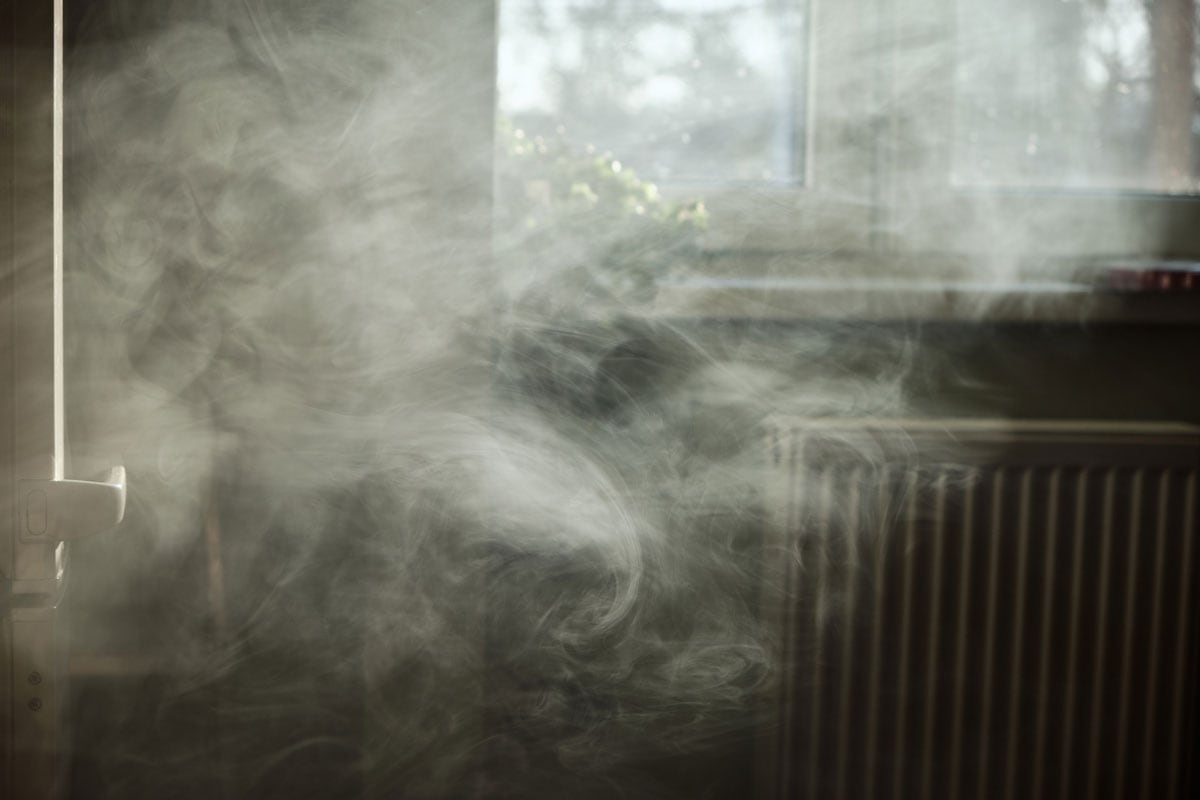
Can a Refrigerant Leak Make You Sick?
Yes, a refrigerant leak can feel sick. You can feel several symptoms ranging from skin irritation to headaches and dizziness.
You should contact any emergency centers if you have reason to believe that there has been a refrigerant leak. Breathing in freon can hurt you. Depending on the amount inhaled, your cells may not receive oxygen due to the presence of freon.
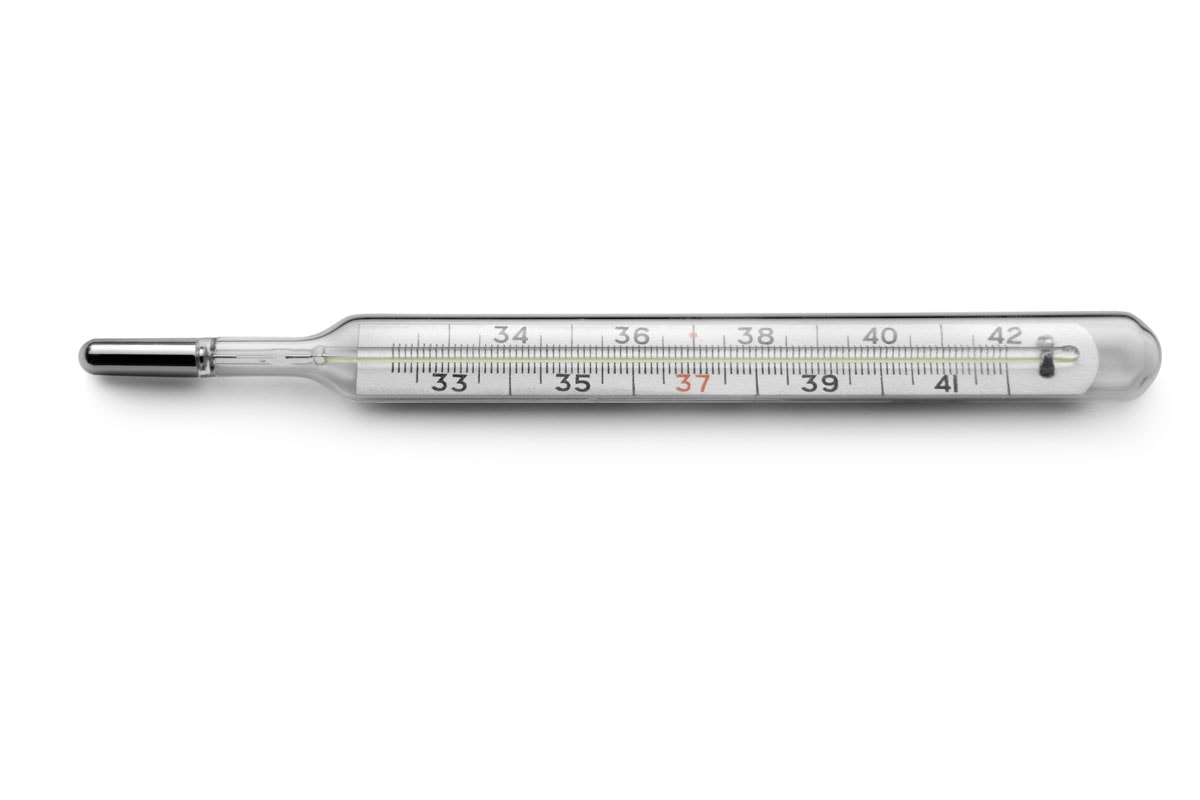
How Do I Know If My Refrigerator Is Leaking Freon?
When a person developing symptoms of Freon exposure remains untreated, it can lead to death. Since leakage of Freon increases the possibility of exposure to it, we must know when a refrigerator is leaking.
This can help in understanding how to respond appropriately when such circumstances arise. Here are a few pointers your refrigerator is leaking Freon.
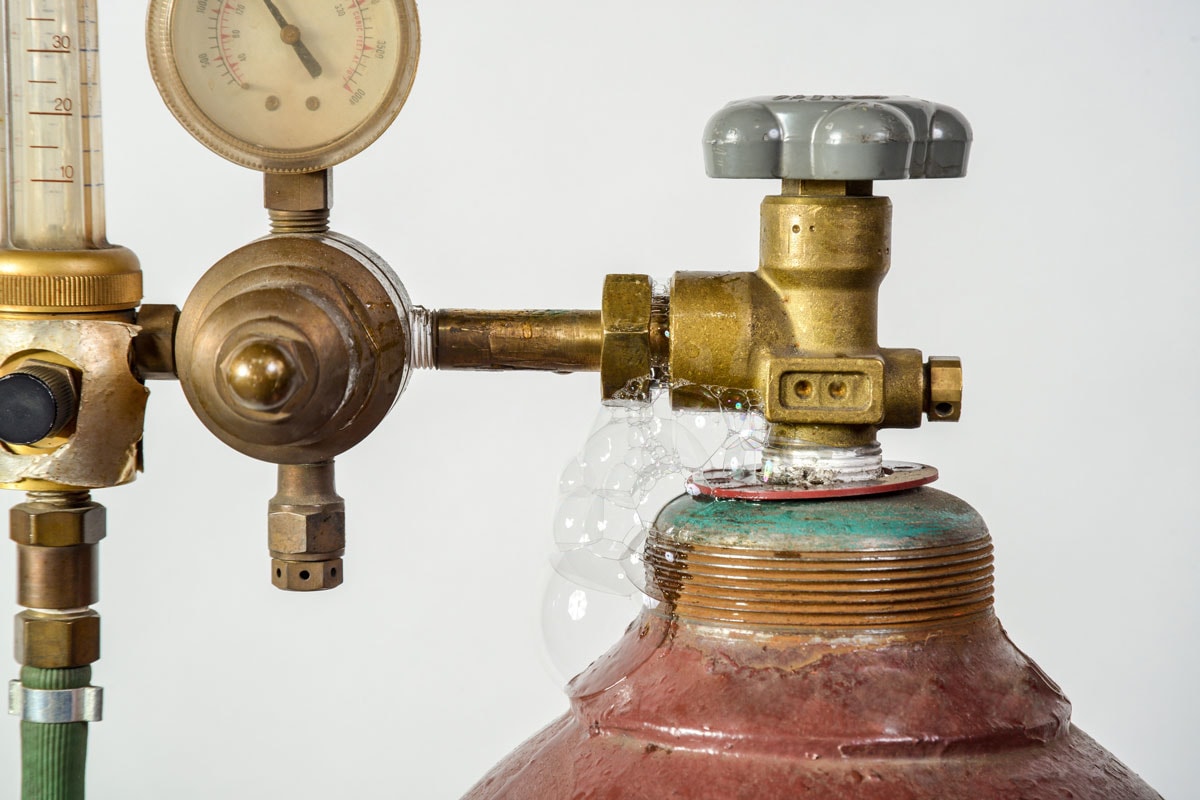
You Perceive Odor Around Your Refrigerator
Although Freon does not have a distinct smell, it has some chemical odor accompanying it. Also, when it leaks, it leaves behind a musty odor. Each of these odors provides clues that tell us when Freon is leaking.
Oily Substances On The Floor
Although Freon is colorless, its leak may be detected by the sight of oily substances on the ground. This is not Freon, but it is the lubricant to the compressor which is supposed to pump the Freon.
Your Refrigerator Is Not Cooling Properly
Freon is one of the most significant components in a refrigerator system. It is the agent used to cool the refrigeration compartment. Thus, if Freon is leaking, you will find that your refrigerator is not cooling correctly.
Motor and Compressor Are Running Constantly
The motor and compressor are essential components of the refrigerating system that work with other components to regulate temperature.
Since your refrigerator can no longer regulate temperature properly, the compressor and the motor will continue to run to regulate temperature.
Positive Results From Detector
Another more verifiable method to know if Freon is leaking is examination through the use of detectors. Several professional detectors can be used to detect this chemical that lacks color and a distinct smell.
An example is the halogen detector. There are some other do-it-yourself detecting mechanisms/devices you could also use.
You Feel Sick
Feeling uneasiness and sickness is another way to detect a freon leak. This situation is because Freon leak is associated with ill health and bad symptoms. You may be feeling dizziness or general discomfort.
You must ensure your freon is not leaking because this can lead to harmful effects on your body, such as difficulty breathing, losing conciseness, and many more. Remember, freon is odorless and will affect the air quality, so its best to regularly make sure you don't have a leak.
What Refrigerants Are Banned?
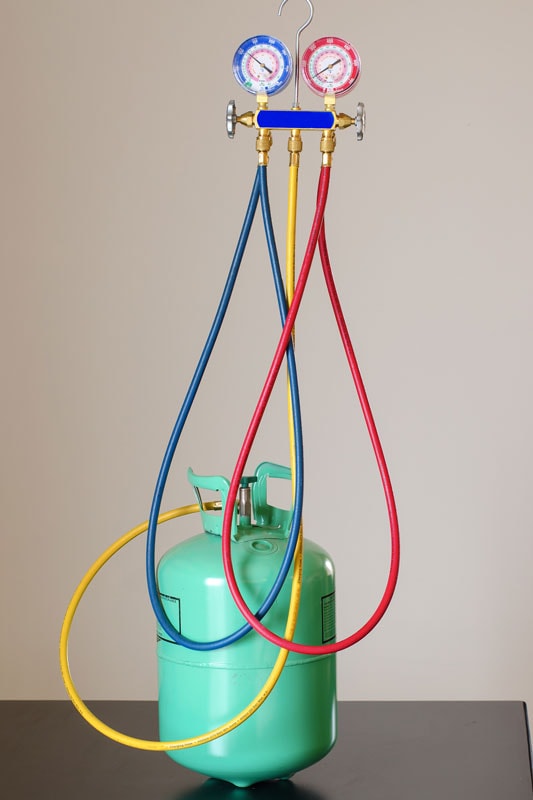
Several refrigerants are harmful to the environment. Due to the Montreal Protocol, chemical substances contributing to the depletion of the ozone layer are prohibited from production and use.
The first group of refrigerants affected by this protocol was those containing chlorofluorocarbons, which are considered one of the dangerous ozone-depleting chemicals.
The next group of refrigerants that were now being prohibited was those containing hydrochlorofluorocarbon. Most developed nations are now making legislation to prevent hydrochlorofluorocarbons' manufacturing, sale, and use from 2020.
Manufacturing companies shifted to the use of hydrofluorocarbons. Although hydrofluorocarbons pose fewer risks to the ozone layer, it is now considered a potential risk to global warming.
There are now amendments to the Montreal Protocol to encourage and adopt alternatives to hydrofluorocarbons. So far, R-404a and R-134a refrigerants have already been restricted.
There are, however, some other refrigerants whose supply and use will be restricted. They include MO89, R-508A, R-507A, R-434A, R-428A, R-422D, R-422A and R-23.
To Sum Up
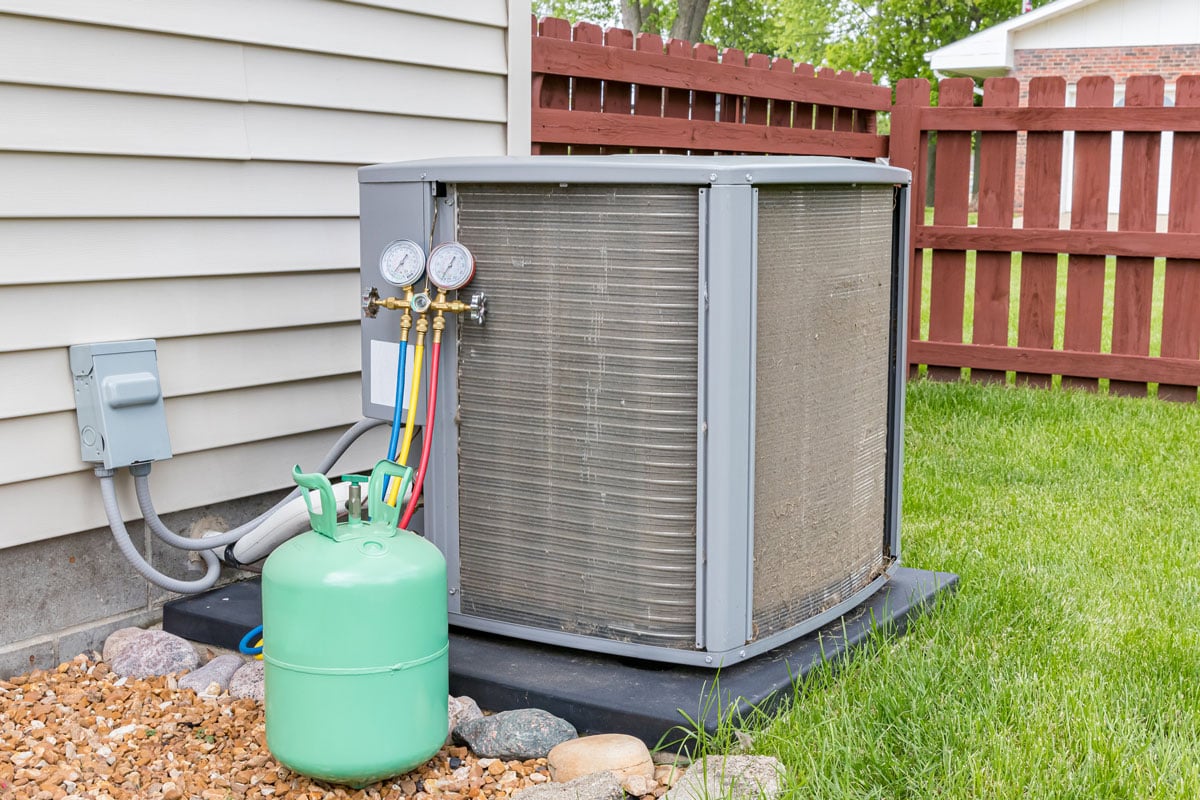
A refrigerant gets very cold because it has low boiling and cooling points. It is a chemical compound that brings about cooling by transforming in a continuous cycle from a gaseous state to a liquid state and vice versa. A refrigerant is toxic and can make you sick, so be mindful of the signs of exposure.
To learn more about refrigerants, we recommend these engaging articles:
Adding Freon to a PTAC Unit - How To?
Scroll Vs Reciprocating: What Compressor Is Best For Your Needs?
